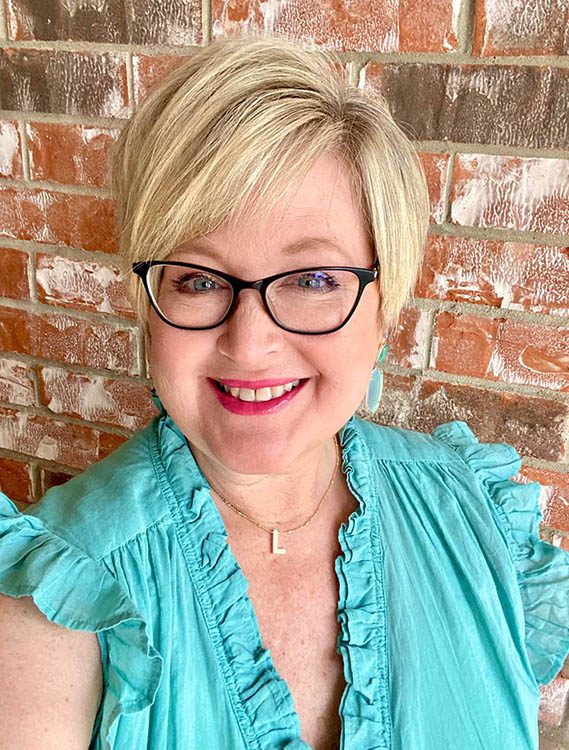Larger vs Smaller Assisted Living: what’s the current trend?
There are 2 common types of assisted living. First there’s the traditional large buildings with activity directors, transportation, and 100+ residents. It’s large but scalable with more amenities and services to offer residents. Then there’s the smaller residential home model – ‘mom and pop’ style with more individual attention.
Loe Hornbuckle is the CEO and founder of Sage Oak Assisted Living and Memory Care in the Dallas-Fort Worth area, and he has taken the advantages of each to create a third type: a ‘best of both worlds’ version of assisted living. This model:
– Creates a campus of smaller care homes (similar to a neighborhood) where there are no more than 16 residents per home. They’re united by a central sales and administrative office.
– Helps residents with mobility / memory issues so they don’t have to walk far and receive a more favorable ratio of staff to residents.
– Is part of a larger organization helping residents get the scaling and opportunity of a big facility with the more individualized attention of a care home model.
Learn about the differences between various assisted living types and how this experience can be effective for seniors.
Topics discussed:
– Dallas and Denton senior living
– Assisted living / memory care
– Senior living facilities
– Mobility-friendly facilities
– Technology in senior living
– COVID-19 and senior living
Takeaways from this episode:
– Assisted living like Sage Oak offers a resident-to-staff ratio of 4-to-1 during the day and 8-to-1 at night – great for those who need more attention or supervision.
– A smaller staff-to-resident ratio offers better outcomes with reduced falls and better, more personalized meal service. But it’s also scalable with the benefits of larger facilities, with an activities’ coordinator, transportation, and more.
– Sage Oak works to provide a homey rather than institutional atmosphere. By having smaller homes with fewer people, it’s less confusing and overwhelming for residents.
– Smaller homes are helpful for managing COVID. If you have eight residents versus 80 residents, it’s a much lower probability that there’s an active COVID case in the home with only eight people.
Resources mentioned in this episode:
Residential Care Homes:
Assisted Living 101:
To learn more about The Sage Oak and Loe Hornbuckle please visit:
For more senior resources and to sign up to the newsletter, please visit:
https://loriwilliams-seniorservices.com/aging-in-style-podcast/
To suggest a topic, be a guest or to support the podcast please email Lori@Loriwilliams-seniorservices.com
Originally Published on https://www.loriwilliams-seniorservices.com/

























